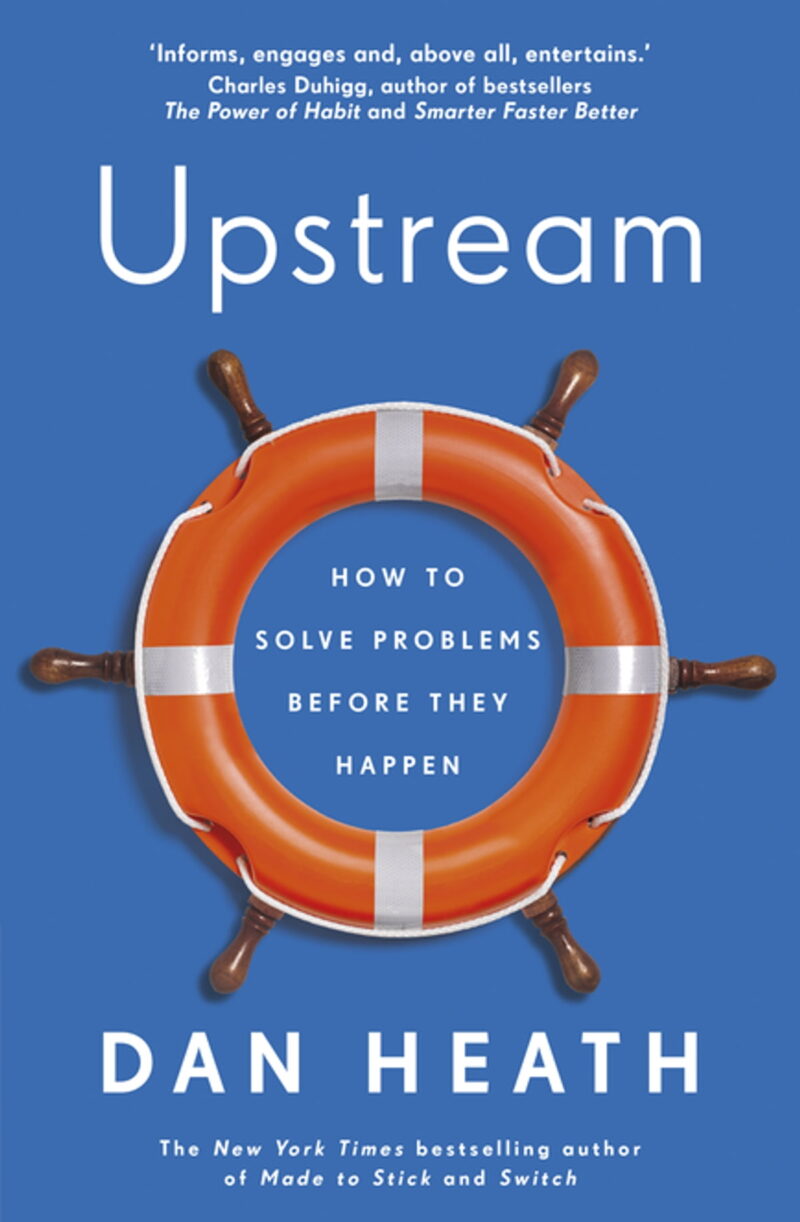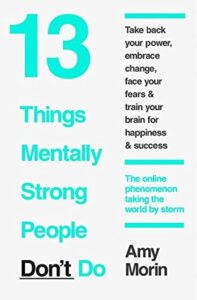Unlocking the Power of Proactive Problem-Solving: A CEO's Guide
Offers a comprehensive guide to proactive problem-solving in social contexts, emphasizing collaboration, real-world examples, and corporate social responsibility. A must-read for CEOs.
Subjects: Business Leaders
The central idea of Upstream: How to solve problems before they happen revolves around the concept of “upstream thinking” or proactive problem-solving in various social contexts, including education, healthcare, and business. It emphasizes the importance of understanding problems at their root and taking action before they escalate.
Why It’s a Must-Read for CEOs:
1. Strategic Insights for Social Impact: The document offers a comprehensive guide to social innovation, providing CEOs with actionable insights on how to drive social change effectively and sustainably.
2. Real-World Examples and Case Studies: Upstream includes the story of Kelly Dunne and the Jeanne Geiger Crisis Center, which serves as a compelling example of how proactive, upstream thinking can lead to transformative social impact.
The book shines a spotlight on the story of Kelly Dunne and the Jeanne Geiger Crisis Center. Kelly was a volunteer who helped victims of domestic abuse. She was deeply affected by the murder of one of the women she was assisting, Dorothy Giunta-Cotter. This led her to question the effectiveness of existing systems in preventing such tragedies. Dunne saw that the only way to prevent murder was to unite these groups and direct their focus toward the women at greatest risk.
The book also talks about Interface, founded by Ray Anderson. Interface is an industrial carpet firm that had grown to roughly $800 million in annual revenue by 1994. Ray Anderson had a moment of realization about the environmental impact of his company and decided to focus on environmental sustainability.
3. Business Relevance: Author Dan Heath frequently mentions Interface, a company that pivoted towards environmental sustainability and grew to roughly $800 million in annual revenue by 1994. This serves as a powerful example for CEOs looking to align their business goals with social responsibility.
4. Collaboration and Ecosystem Building: The book emphasizes that “collaboration is key to the success of social innovation,” a principle that CEOs can apply within their organizations and with external partners.
5. Problem-Solving Framework: Upstream provides a framework for understanding and solving complex social problems, which can be adapted to tackle challenges within a corporate context.
6. Innovation and Adaptability: The document discusses the importance of being adaptable and innovative, qualities that are essential for any CEO in today’s rapidly changing business landscape.
7. Risk Mitigation: By understanding the root causes of social issues, CEOs can better anticipate and mitigate risks related to social and environmental factors, thereby enhancing corporate sustainability and stakeholder relations.
8. Leadership Development: The book can serve as a valuable resource for leadership development programs, helping to cultivate a new generation of leaders who are socially conscious and effective problem solvers.
Conclusion:
Upstream is not just a guide to social innovation; it’s a playbook for effective leadership in the 21st century. It offers CEOs a well-rounded view, enriched by real-life examples and case studies, making the subject matter both relatable and actionable. Reading this document will equip CEOs with the knowledge and tools they need to lead their organizations towards a more sustainable and socially impactful future.




